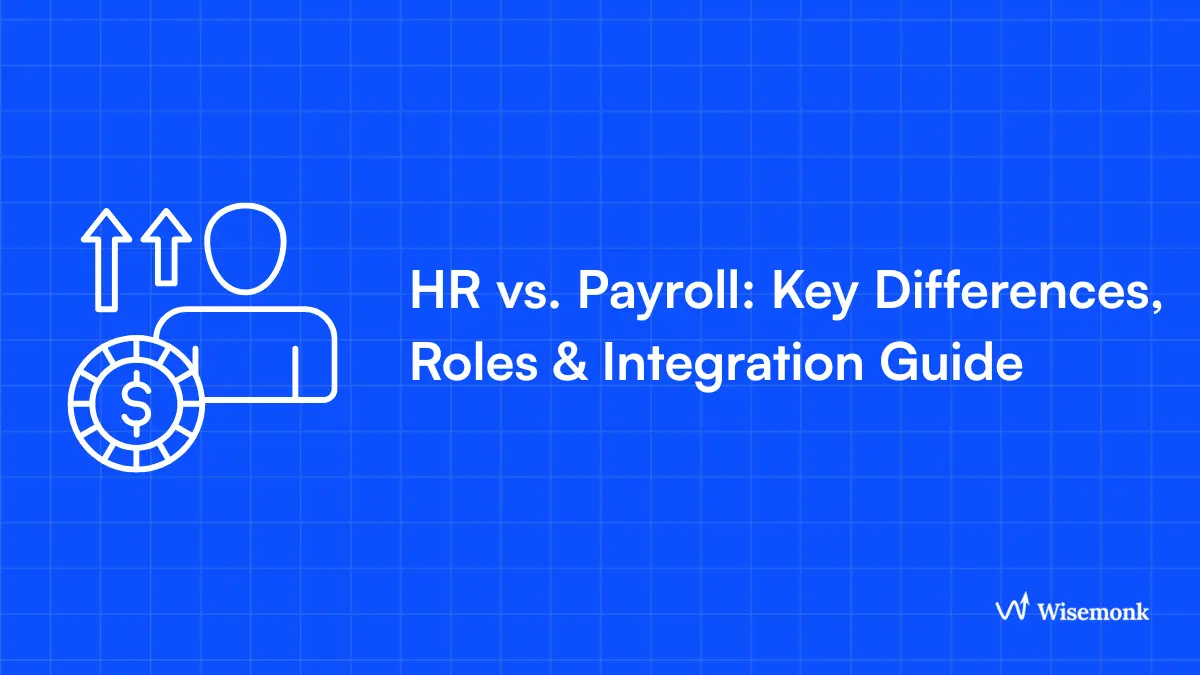Wondering how to hire employees in the UK quickly and easily without setting up a company there? An Employer of Record (EOR) acts as the official employer on your behalf, managing payroll, taxes, benefits, and full compliance with UK employment laws. This enables fast, cost-effective market entry while navigating complex regulations like PAYE and National Insurance. In this guide, we explain how EOR services simplify UK hiring and ensure peace of mind for expanding businesses.
What are the key UK employment law requirements businesses need to know?[toc=UK Employment Law Requirements]

Understanding and complying with UK employment laws is essential for legal and ethical business operations, covering contractor classification, data privacy, employee rights, and working time limits. Here are a few key requirements companies must follow:
IR35 Regulations and Compliance
IR35 determines whether a contractor is genuinely self-employed or a “disguised employee” for tax purposes. In our extensive research, we can attest that EORs provide guidance for IR35 compliance, handle assessments, and mitigate risks of misclassification, which is vital for UK contractor conversions. Learn more about Understanding off-payroll working (IR35) - GOV.UK
GDPR and Data Protection Requirements
EORs ensure that all personal data processed during employment adheres to the UK’s General Data Protection Regulation (GDPR) standards, emphasizing employee privacy and secure data handling practices.
Source: Information Commissioner’s Office Guide to the General Data Protection Regulation (GDPR)
Statutory Employee Rights and Benefits
- Employers must comply with the National Minimum Wage laws to ensure fair pay.
- Employees are entitled to equal pay for equal work, regardless of gender or other factors.
- Statutory sick pay and maternity or paternity leave are mandatory employee benefits.
- Notice periods and redundancy pay are legally required when terminating employment.
Working Time Regulations
Employees in the UK are legally entitled to a maximum 48-hour workweek (with opt-out options), mandatory rest breaks at work, and 5.6 weeks of paid annual leave.
What are the Key Benefits of Using an EOR in the UK?[toc=Key Benefits of using EOR]
- Rapid Market Entry Without Entity Setup: Companies can start hiring immediately.
- Employment Law Compliance Assurance: An Employer of Record (EOR) stays up to date on legal changes and regulatory updates.
- Cost-Effective Talent Acquisition: Savings on administrative and legal costs.
- Risk Mitigation Strategies: Reduced exposure to compliance violations and employment disputes.
How EOR Services Work in the UK?[toc=How EOR Service Works]
Employer of Record UK services handle the full employee lifecycle, from onboarding to payroll to ongoing compliance, so companies can focus on growth without legal complications.

Employee Onboarding Process
- Step 1: EOR drafts and issues compliant employment contracts.
- Step 2: After the hiring process, the new hire completes documentation and background checks.
- Step 3: EOR registers the employee with the required government agencies.
Payroll and Tax Administration
- The EOR processes monthly salary payments accurately and on time.
- It manages PAYE tax deductions and ensures timely submission to HMRC.
- The EOR handles both employer and employee National Insurance contributions in full compliance with UK law.
Benefits Administration
- The provider manages pension auto-enrollment for eligible employees, meeting all regulatory requirements.
- It administers statutory sick pay, maternity leave, and holiday entitlements according to UK employment standards.
Performance Management Support
- The EOR offers guidance and support for conducting employee performance reviews.
- It oversees probation periods to ensure proper evaluation and compliance.
- The provider manages lawful employee terminations, adhering strictly to UK employment regulations.
What UK-specific employment obligations should businesses be aware of?[toc=Employment Obligations in UK]
When operating in the UK, businesses must carefully manage obligations unique to the local employment framework, including National Insurance, pensions, levies, and statutory employee benefits.
- National Insurance Contributions (NIC): All UK employees must contribute to NIC, which funds essential state services including healthcare and pensions. Employers are responsible for deducting employee contributions and making their own payments based on thresholds and rates that are updated annually.
- Pension Auto-Enrollment Requirements: EOR providers handle the mandatory enrollment of eligible employees into workplace pension schemes, in line with the Pensions Act 2008.
- Apprenticeship Levy Compliance: For large employers, EORs manage the 0.5% Apprenticeship Levy applied to total payroll costs if eligibility criteria are met.
- Holiday Entitlements and Statutory Sick Pay: EORs administer statutory employee benefits such as a minimum of 28 days’ paid holiday, including bank holidays, and statutory sick pay, ensuring compliance with UK employment law.
How to choose the right Employer of Record (EOR) provider for UK operations?[toc=How to Choose the Right EOR]
Selecting the right EOR partner is key to ensure compliance, smooth hiring, and effective management of your skilled and diverse workforce in the UK. Here are important factors to consider:

Key Selection Criteria
Look for an EOR with a strong track record of UK compliance and solid industry experience. Transparent pricing and flexible services tailored to your business needs are essential for a successful partnership.
Technology Platform Capabilities
The Employer Of Record should offer a user-friendly technology platform that makes payroll, Human Resources, administrative tasks, and compliance management simple and transparent. Seamless integration with your existing HR systems is important to streamline workflows and real-time reporting.
Local Expertise Requirements
Select a provider with deep knowledge of the local regulations of the UK employment law and local market conditions. This includes expertise in sector-specific regulations and the ability to navigate complex employment laws and areas like tax regulations, pension auto-enrollment, and worker classification.
Compliance Track Record
A reputable EOR will have a proven compliance history, demonstrated through audits, client references, and case studies. This assures you that your workforce will be managed in full alignment with UK labor laws and regulations.
What are the costs and ROI of using an Employer of Record (EOR) vs setting up your own UK entity?[toc=Costs & ROI of using an EOR]
Deciding between an Employer of Record (EOR) and setting up your own UK entity requires a clear understanding of costs, savings, and potential hidden fees. Here’s what to consider before you expand:
EOR service pricing models
Hidden Costs to Consider:
Understanding the full cost picture is essential when deciding between using an EOR service or setting up your own entity in the UK. Aside from obvious fees, several hidden costs should be considered:
- Currency exchange fees may apply when managing global payroll across multiple currencies.
- Employee onboarding and offboarding processes can incur additional charges depending on the provider.
- Technology integration fees might be required to connect the EOR platform with your existing HR or accounting systems.
ROI Calculations for UK Expansion
Based on our extensive experience as a leading Employer of Record service provider, we have seen that companies using EOR services save up to 30% on operational costs and reduce time-to-market by over 50%, compared to traditional entity setup.
What are the future trends shaping Employer of Record (EOR) services in the UK?[toc=Future Trends]
As the UK’s employment landscape evolves, staying ahead of emerging trends is crucial for businesses using or considering EOR services. Here’s how current developments are shaping the future of EOR in the UK:
- Post-Brexit Regulatory Landscape:
Ongoing changes in UK regulations continue to impact cross-border employment practices, including stricter right-to-work checks and evolving data privacy rules similar to GDPR. EOR providers play a vital role in helping businesses navigate these dynamic compliance requirements seamlessly. - Technology and Automation Advances:
Leading EORs are integrating AI-driven compliance monitoring, automated payroll processing, and enhanced self-service portals. These innovations improve accuracy, reduce administrative burdens, and deliver a more intuitive experience for both employers and employees. - Market Growth and Demand Forecast:
With remote work and global talent strategies on the rise, the UK EOR market is expected to expand significantly through 2025 and 2026. Agile workforce solutions are becoming essential as companies prioritize speed, flexibility, and legal security in their hiring models. - Rising Need to Manage International Employees:
Increasingly, companies require efficient solutions to onboard and manage international employees compliantly within the UK workforce framework.
Conclusion[toc=Conclusion]
Using an Employer of Record UK streamlines hiring by handling compliance, payroll, and employee benefits without the need to set up a local entity, significantly reducing setup time, costs, and legal risks for fast, flexible expansion. Businesses planning to expand should clearly assess their hiring needs and timelines, research reputable EOR providers with proven UK expertise, and evaluate their technology and pricing to find the best fit.
Here are a few action items for implementation:
- Define the size and key roles of your UK workforce.
- Request and compare proposals from multiple EOR providers focusing on compliance and service offerings.
- Plan employee onboarding and technology integration with your selected EOR platform.
- Monitor updates to UK local employment laws to ensure ongoing compliance.
Following these steps will enable companies to enter the UK market quickly, efficiently, and with confidence.
Ready to expand your UK workforce quickly and compliantly? Partner with Wisemonk’s Employer of Record services to effortlessly manage hiring, payroll, and compliance, so you can focus on growing your business with confidence.
Frequently asked questions
What are the minimum requirements for EOR services in the UK?
EORs must comply with UK employment law, including employment contracts, PAYE tax registration, National Insurance contributions, and statutory benefits administration.
How long does it take to onboard employees through an EOR?
Onboarding typically takes 1 to 3 weeks, depending on documentation, background checks, and system setup.
What happens to employees if we switch EOR providers?
Employees are transitioned to the new EOR through a legal transfer process, ensuring continuity of employment and compliance.
Are there any restrictions on the types of roles that can be hired through EOR?
Most roles can be hired, but certain regulated professions may require additional licensing or approvals.
How does EOR compliance differ from traditional employment?
EORs assume legal employer responsibilities, managing compliance centrally, whereas traditional employment requires the company to handle all local legal obligations directly.
What happens if you fail an EOR?
If an EOR fails, the company may face legal and compliance risks, including penalties for unpaid taxes, labor law violations, or employee claims, since the EOR is the legal employer responsible for payroll and compliance.
What is the difference between a staffing agency and an Employer of Record (EOR)?
A staffing agency recruits and places workers but doesn’t legally employ them, while an EOR becomes the legal employer, handling payroll, taxes, benefits, and compliance for your employees.
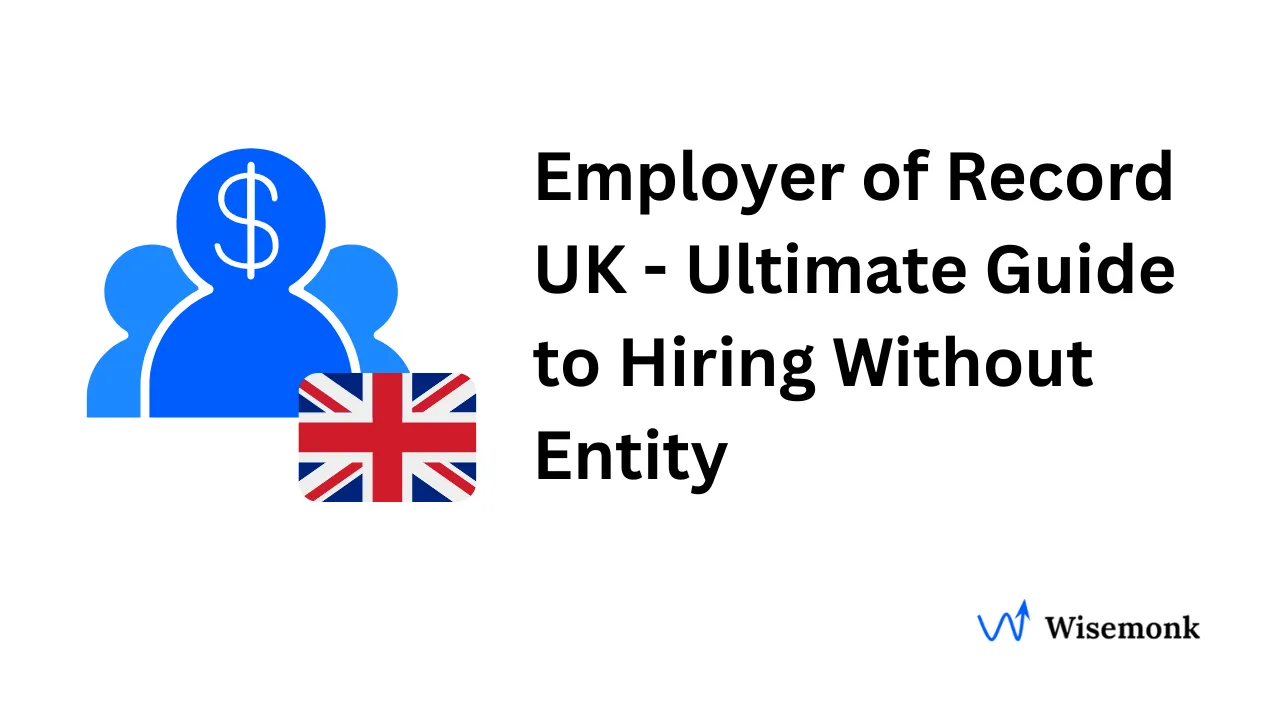



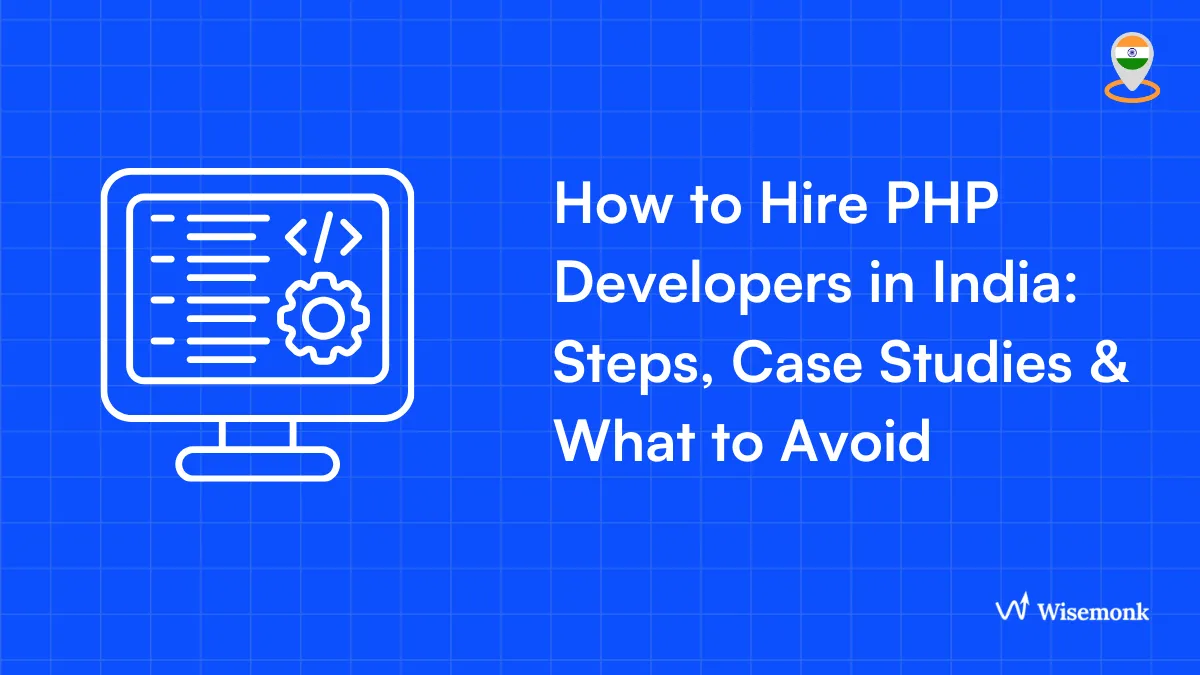
.webp)
.webp)

.webp)
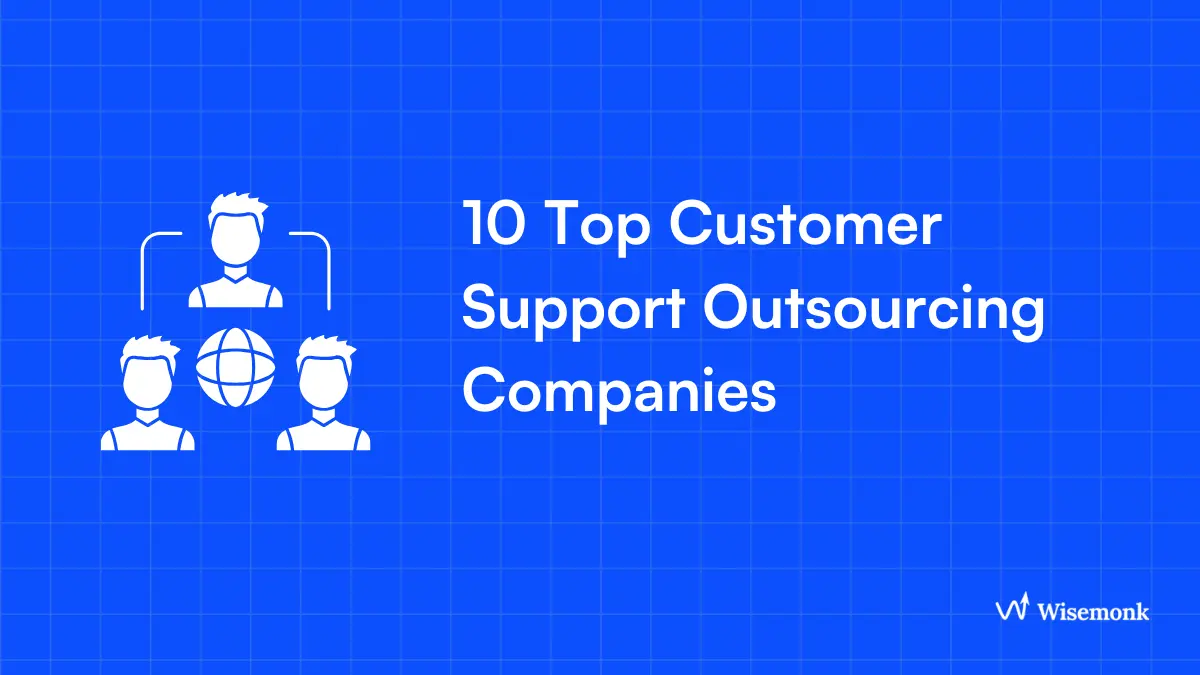
.webp)



.webp)
.webp)

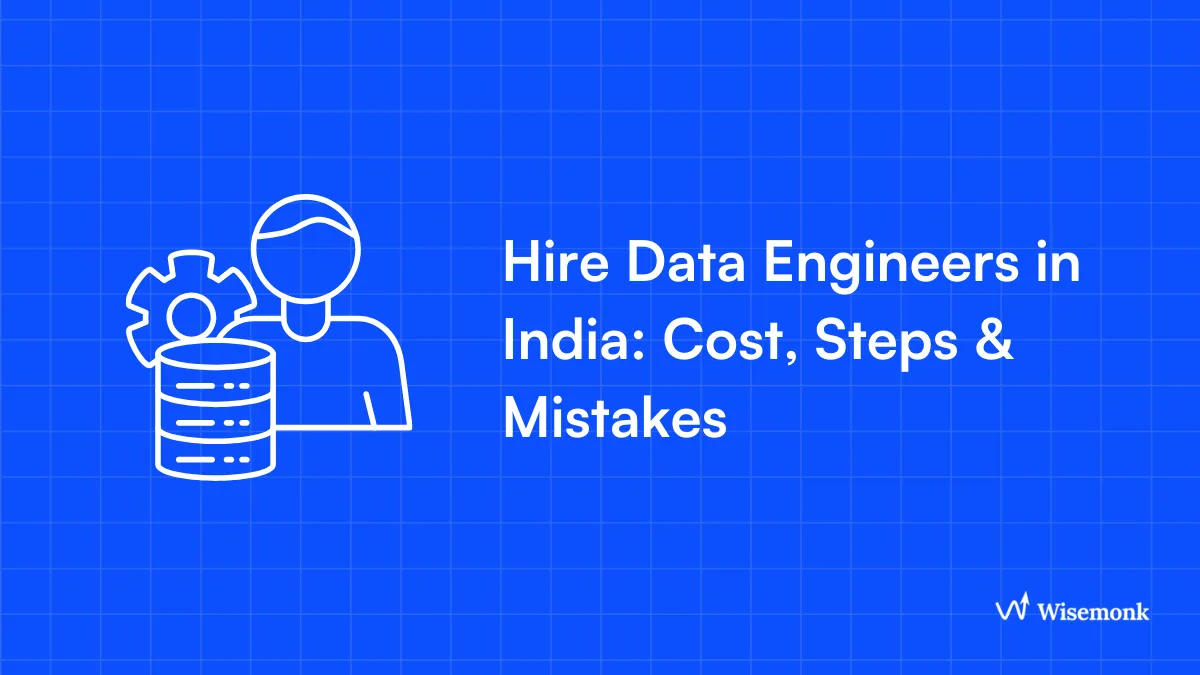




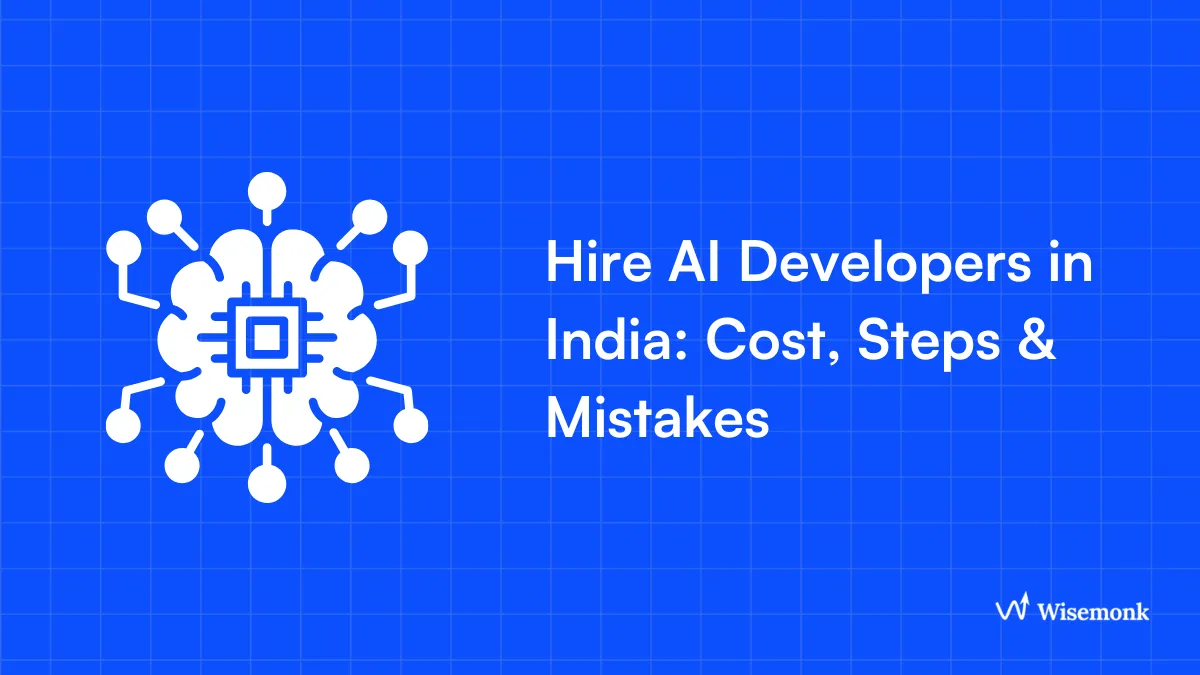
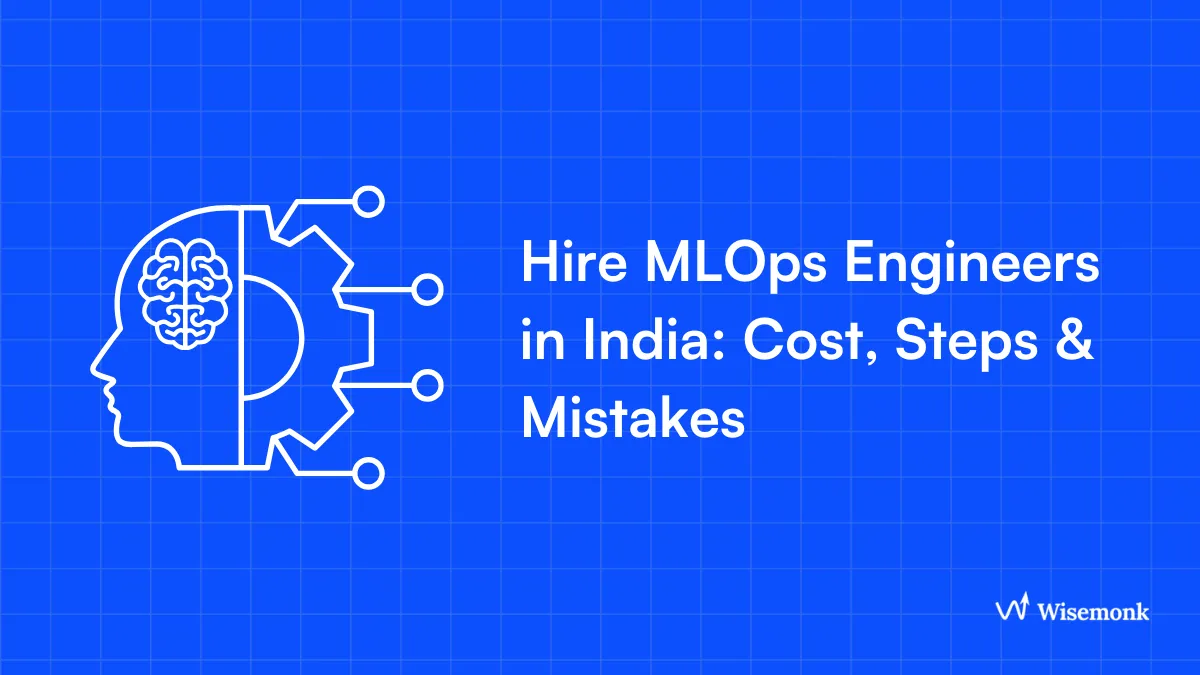

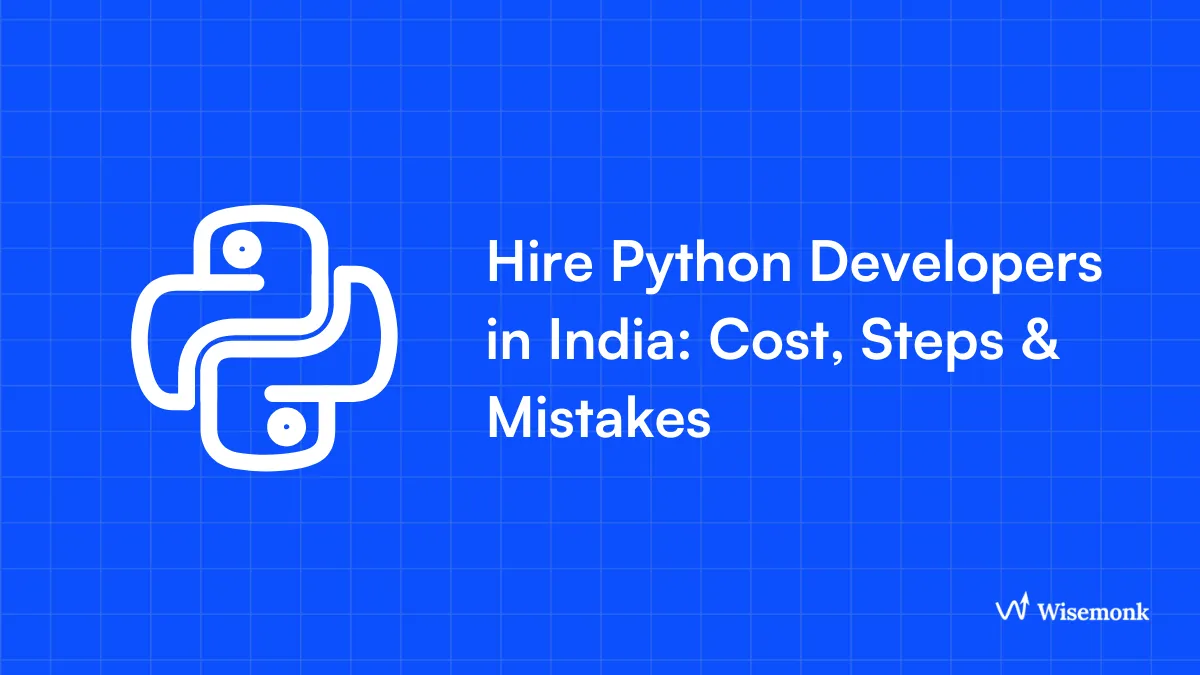


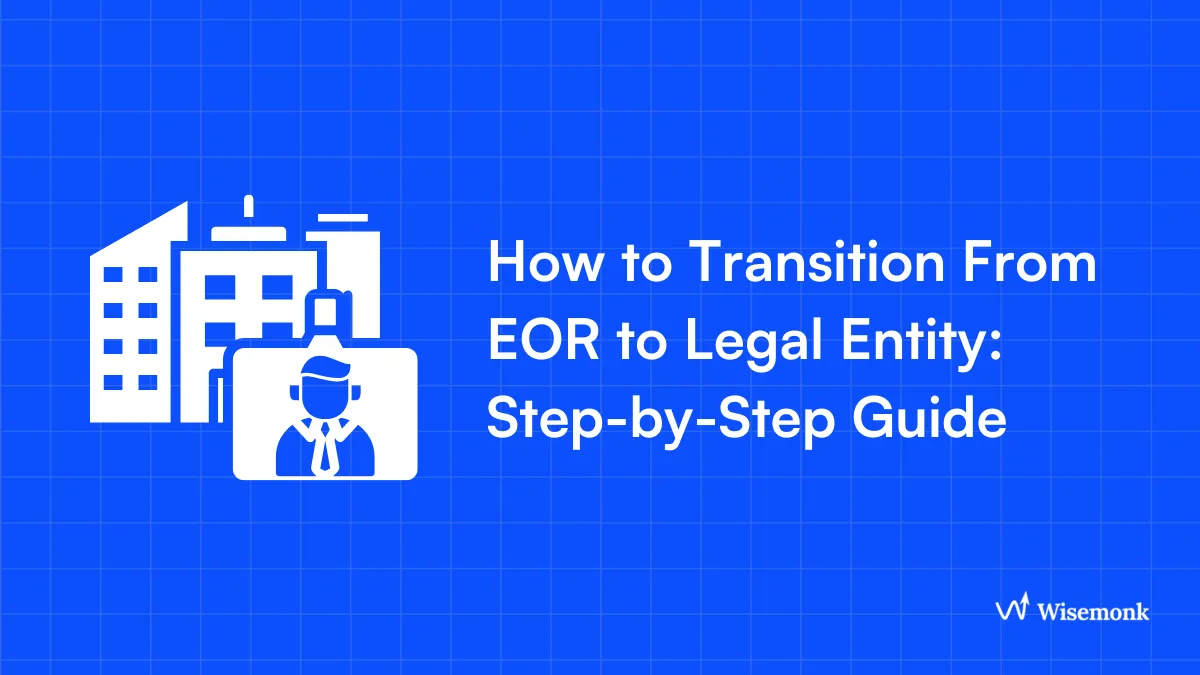

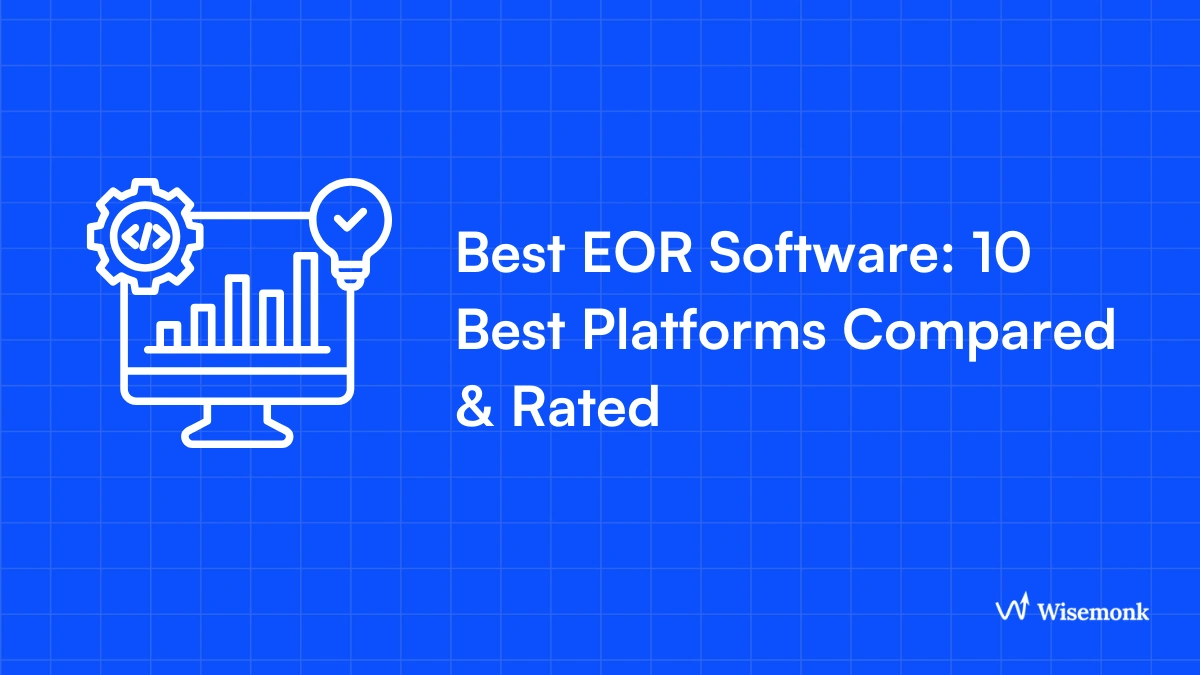
.webp)
.webp)
.webp)

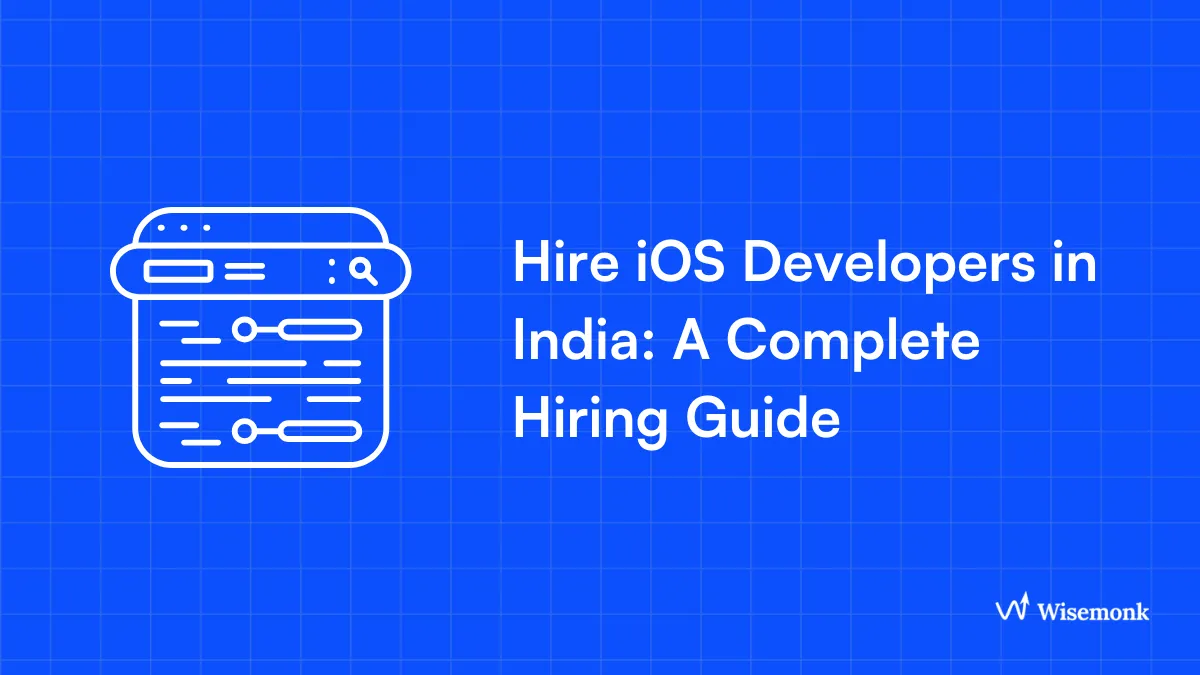



.webp)

.webp)





.webp)





.webp)

%20in%20India.webp)
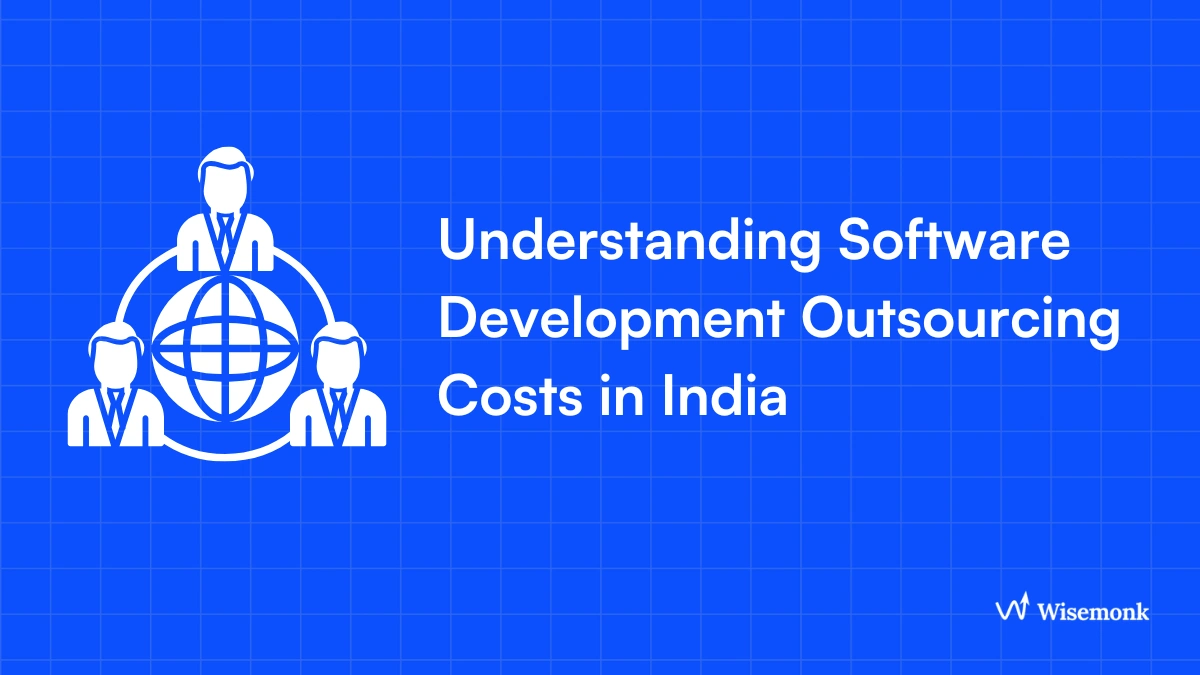

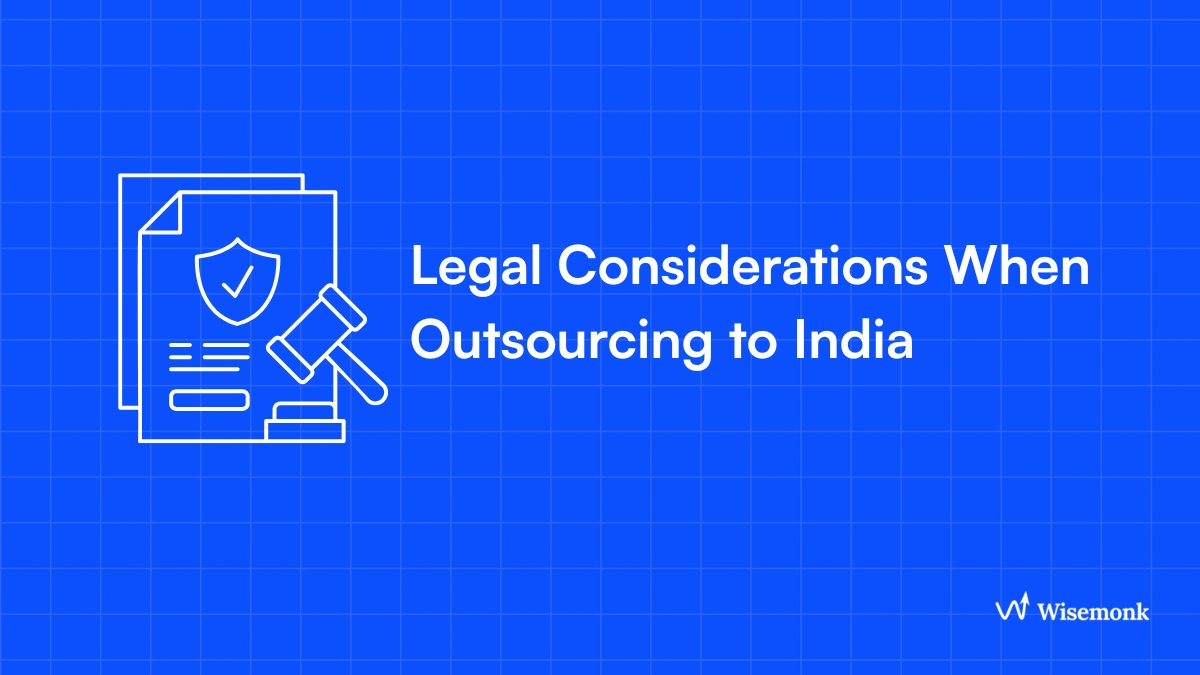
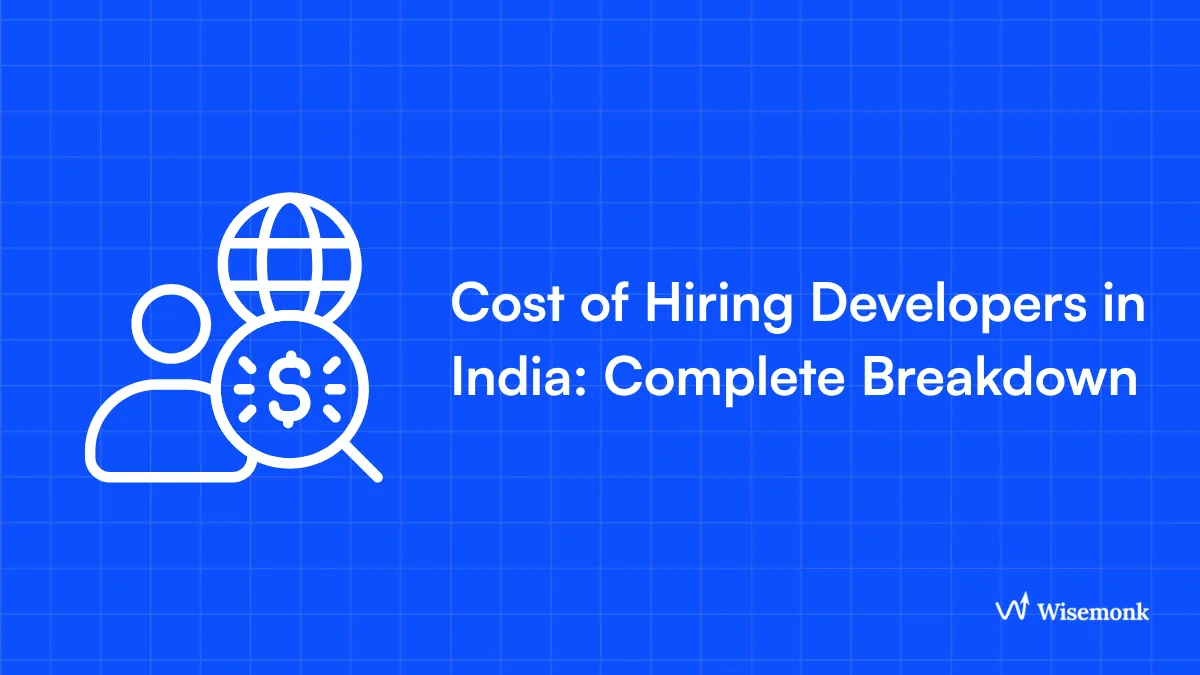

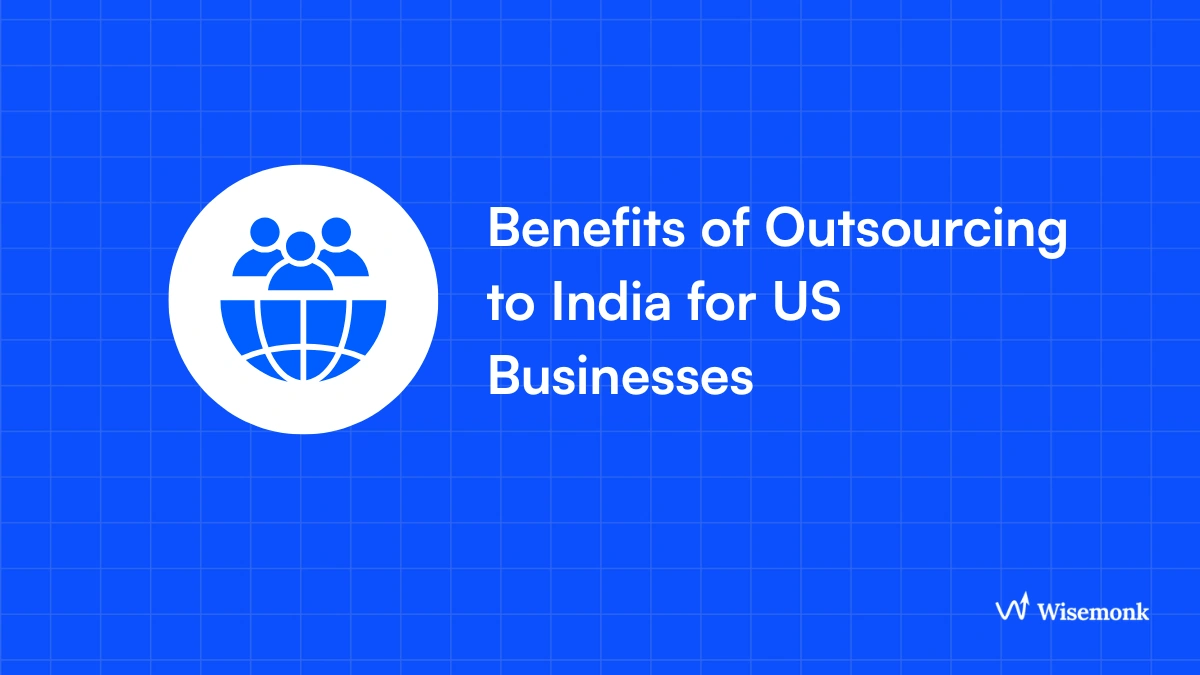

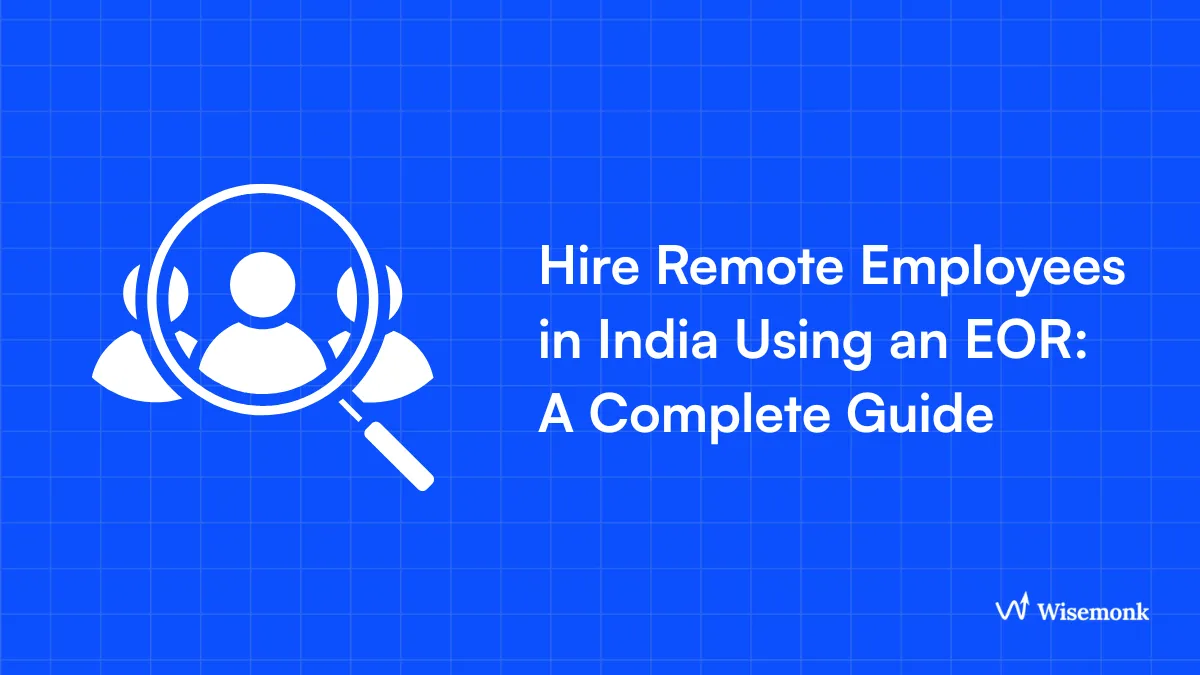


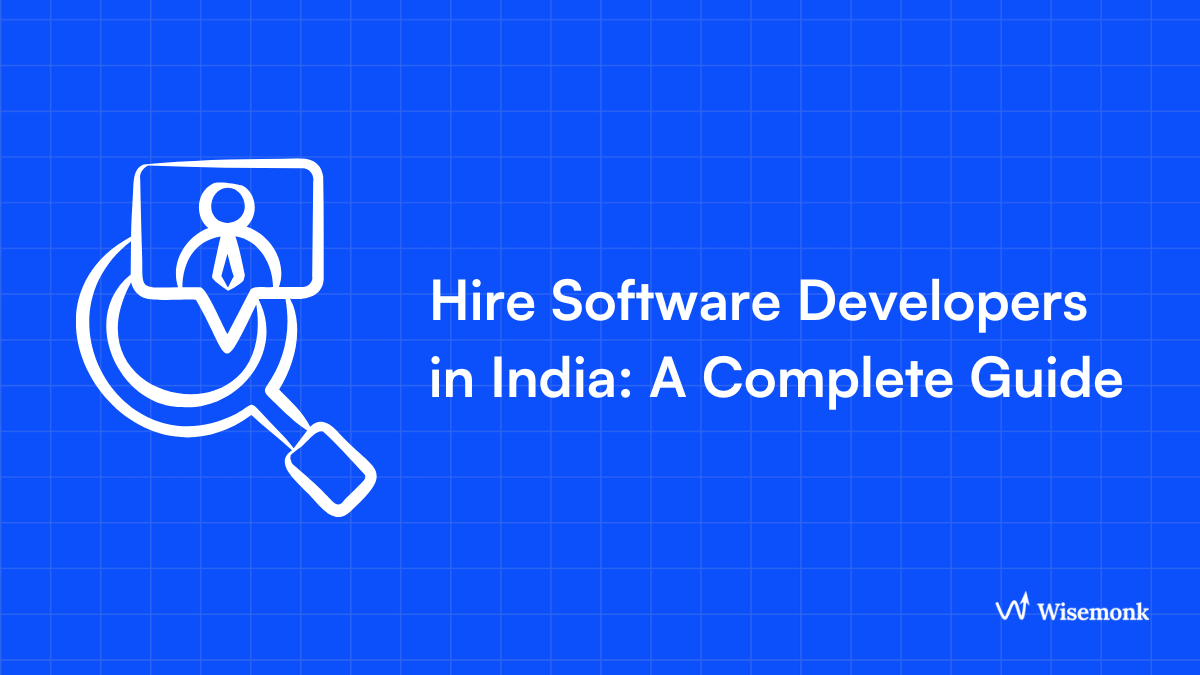
.webp)
.webp)
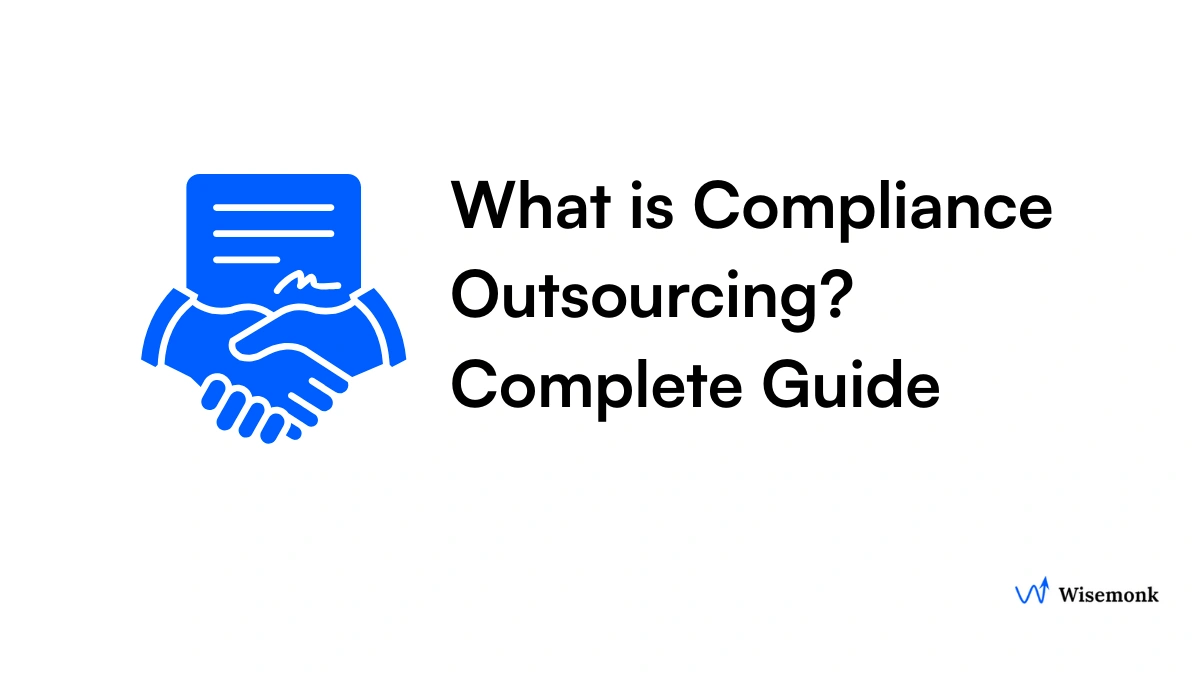


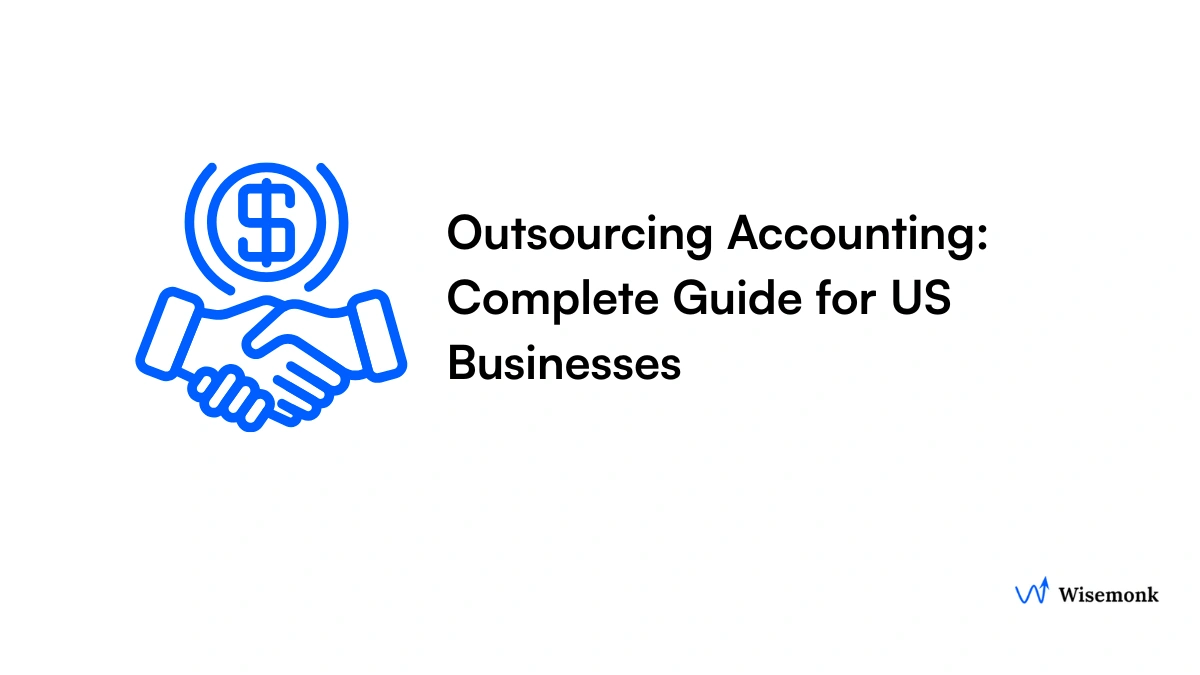
%20(3).webp)
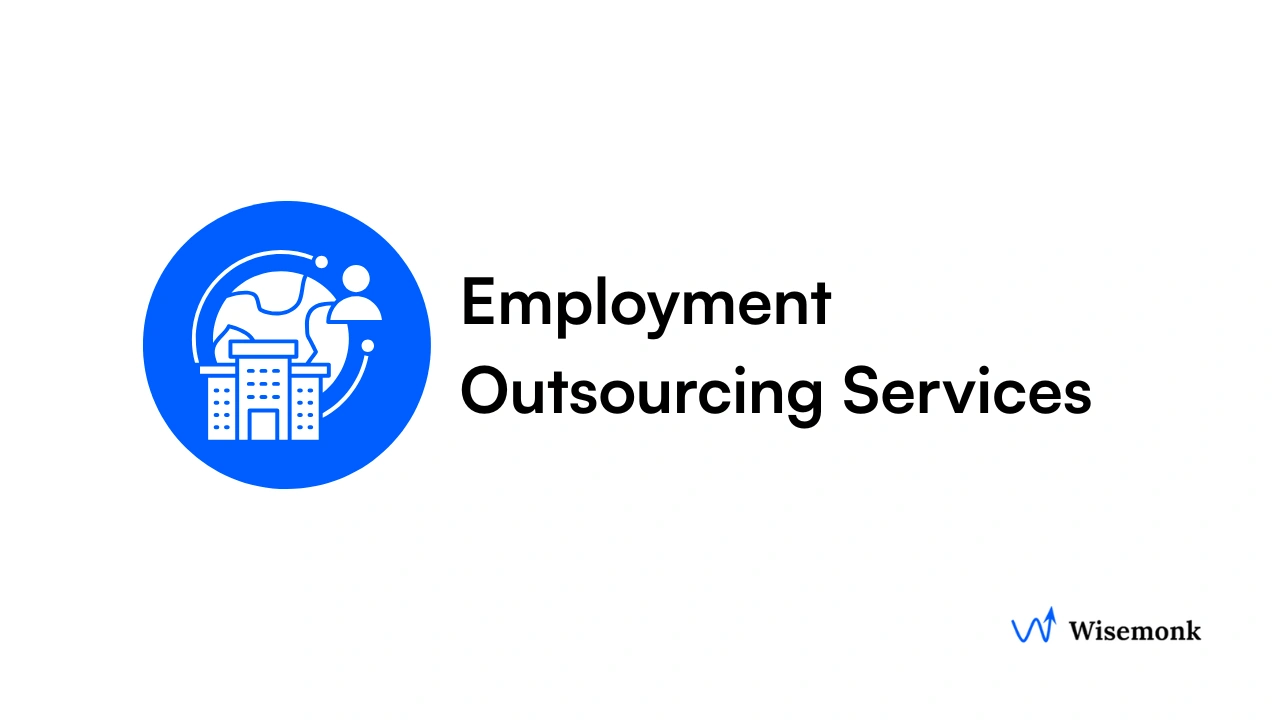
.webp)
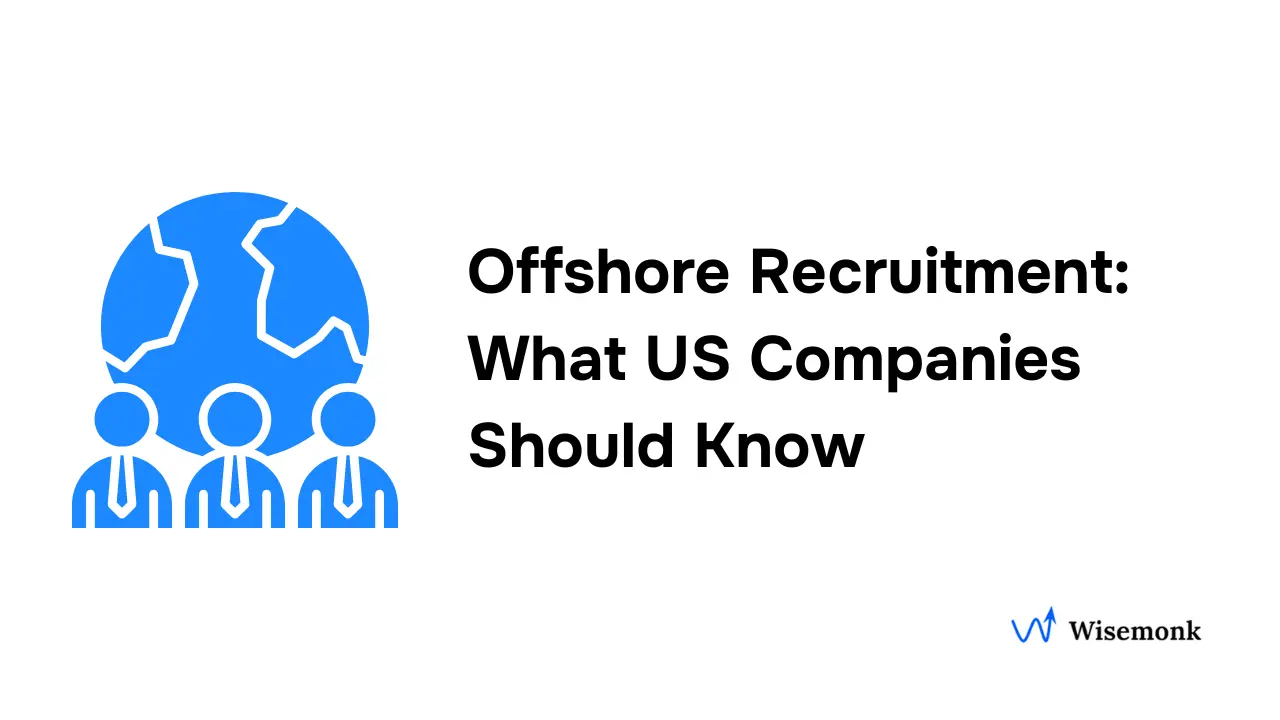

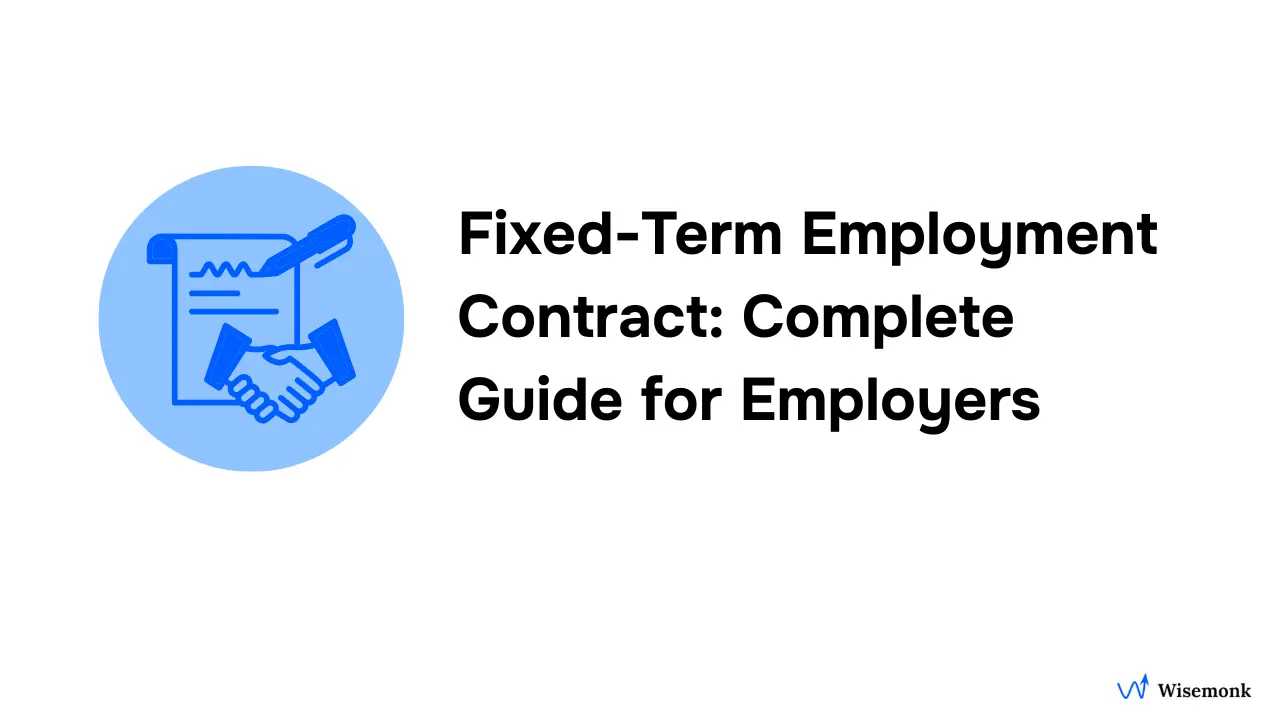
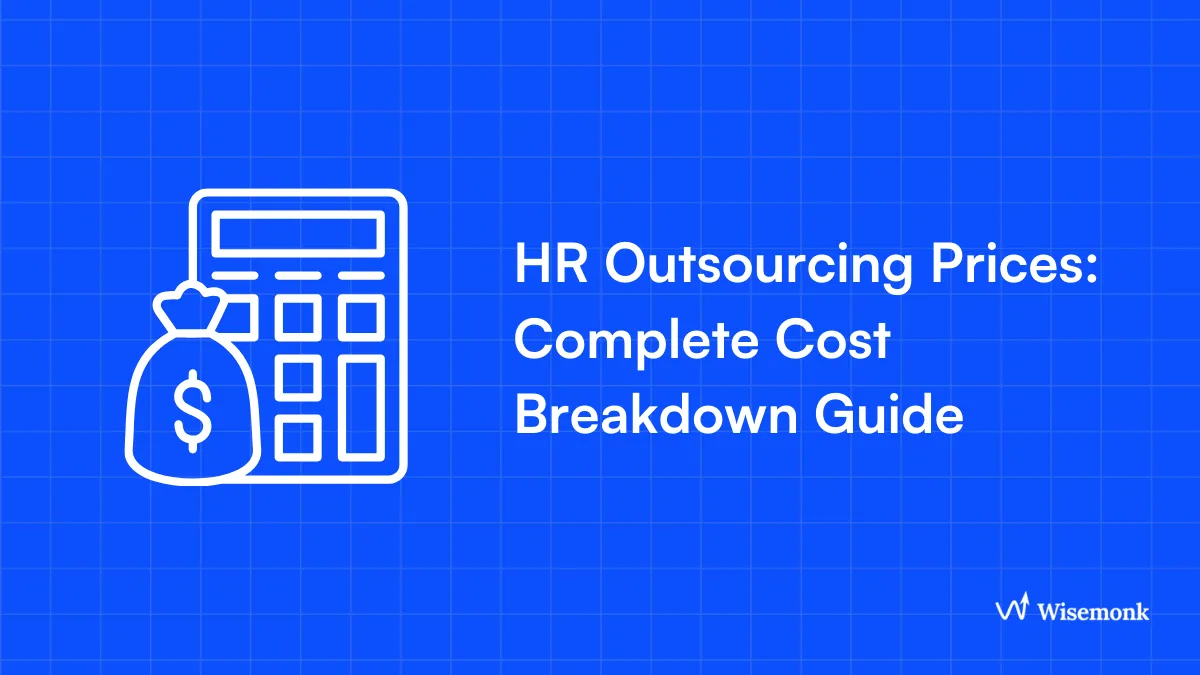
.webp)
.webp)
.webp)

.webp)

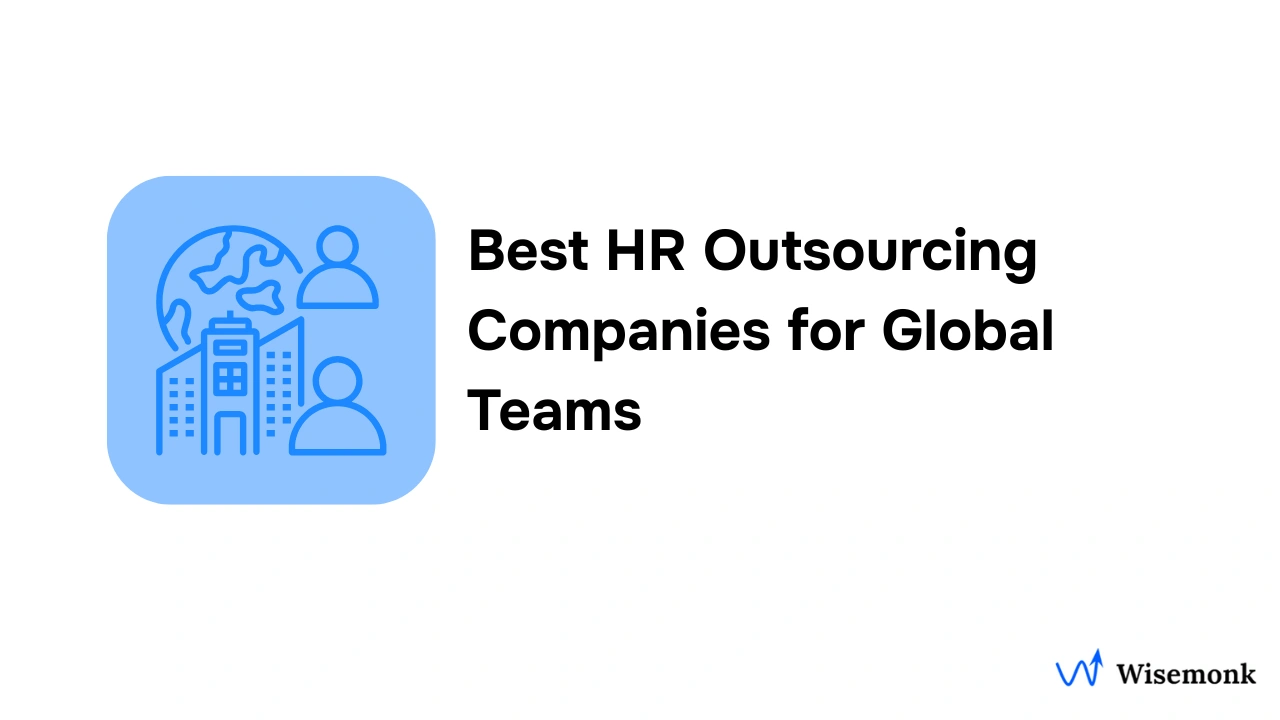
.webp)

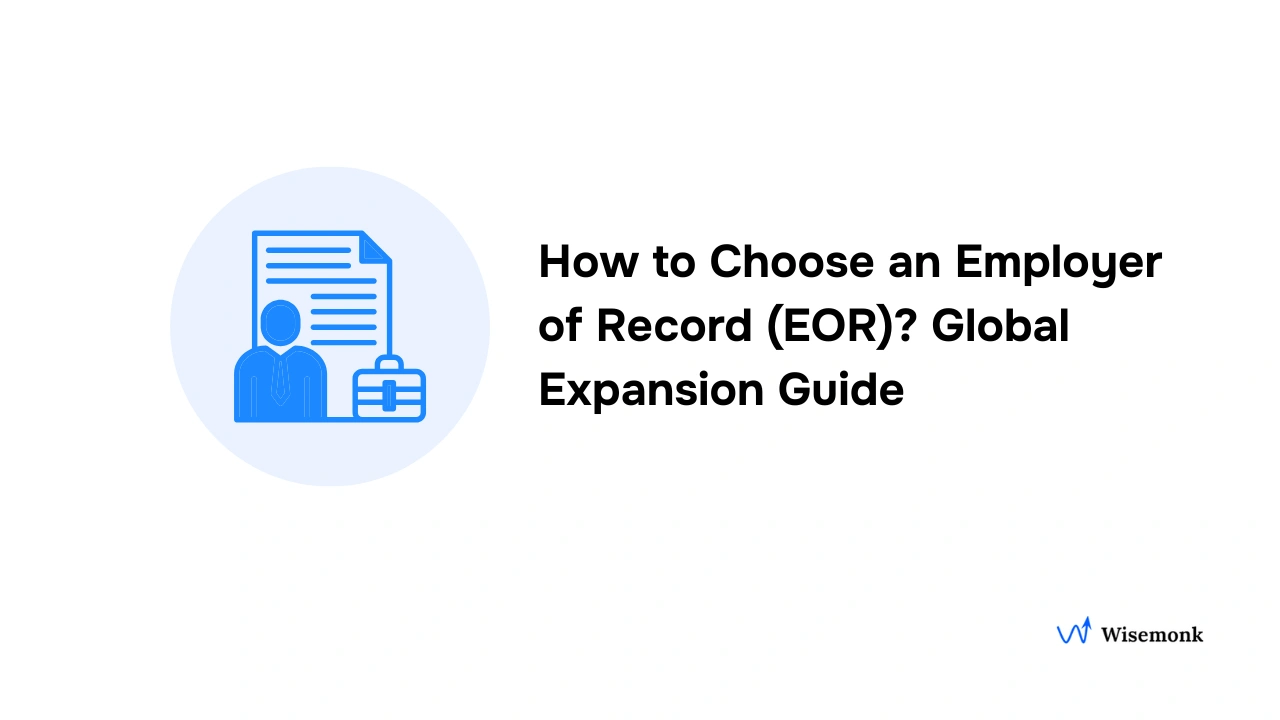
.webp)

.webp)
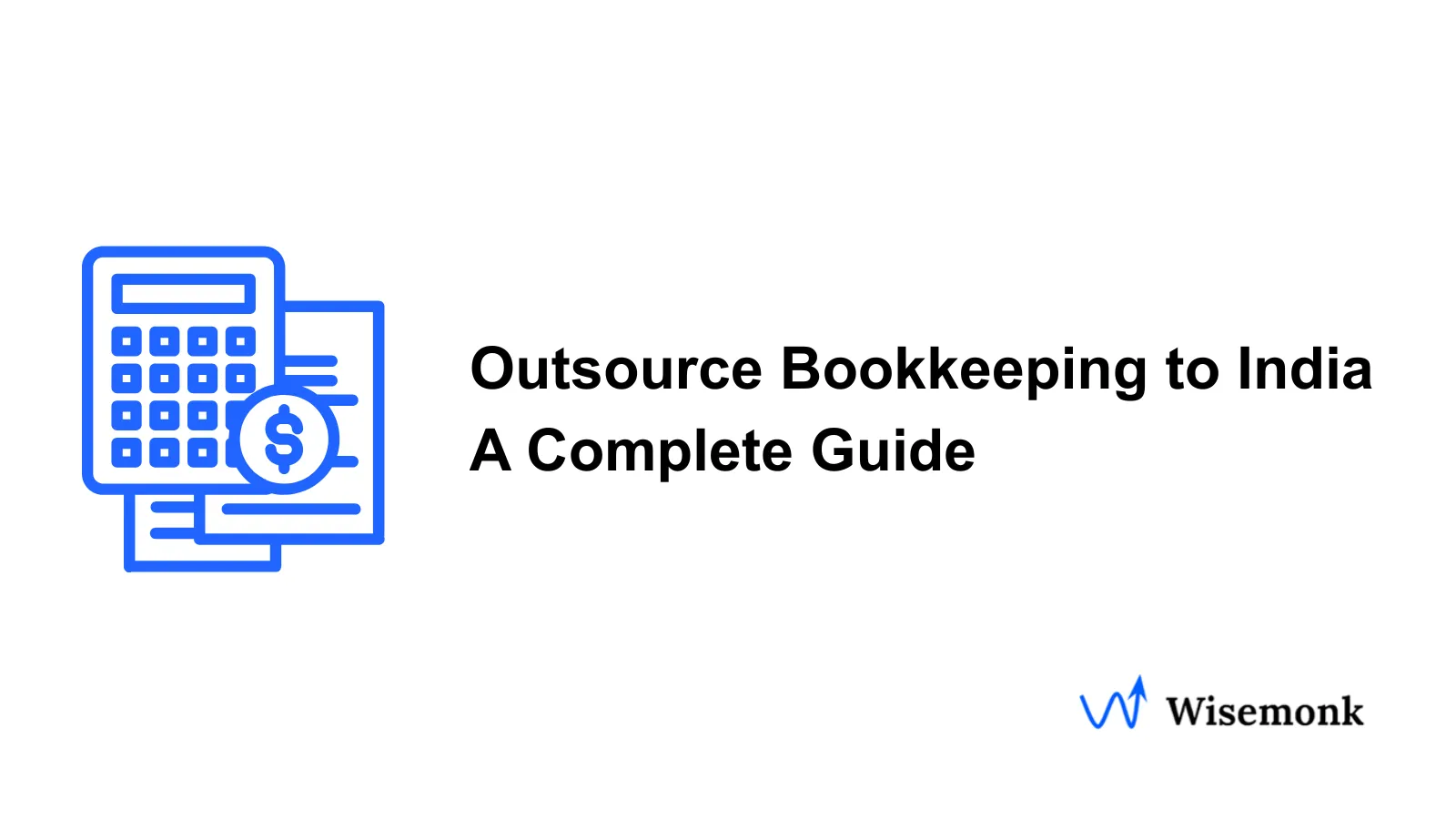
.webp)
.webp)
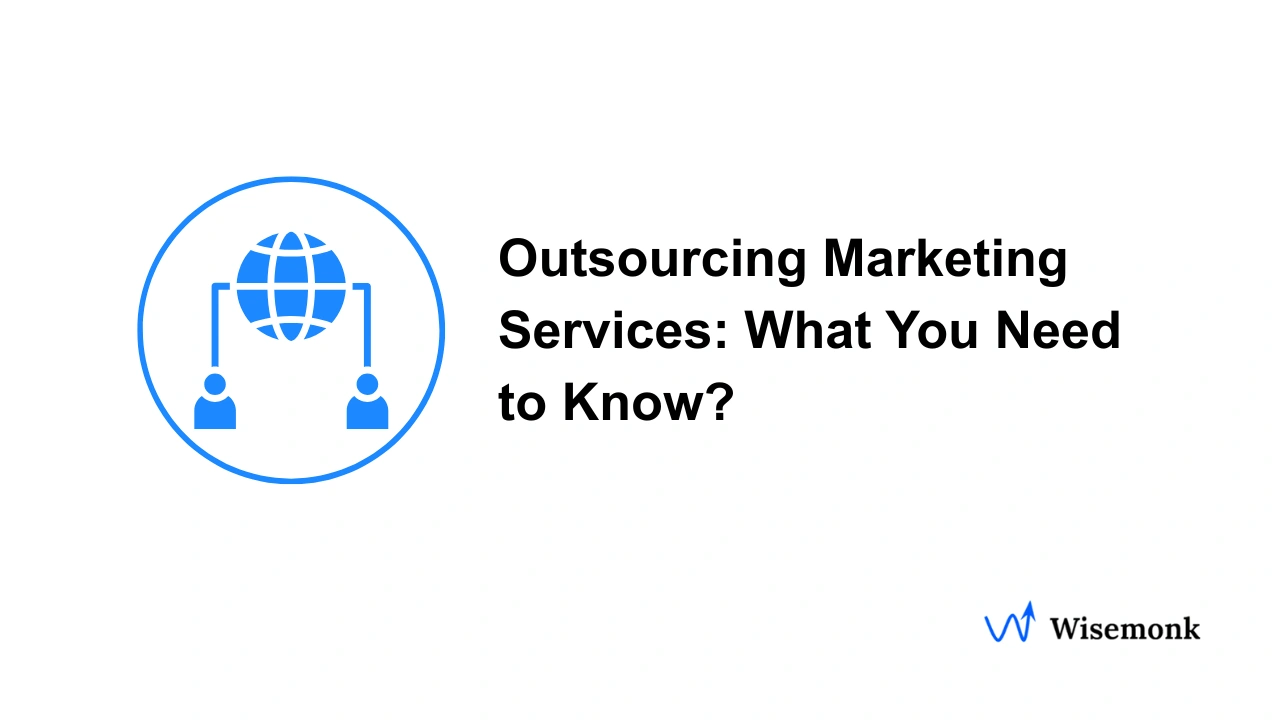
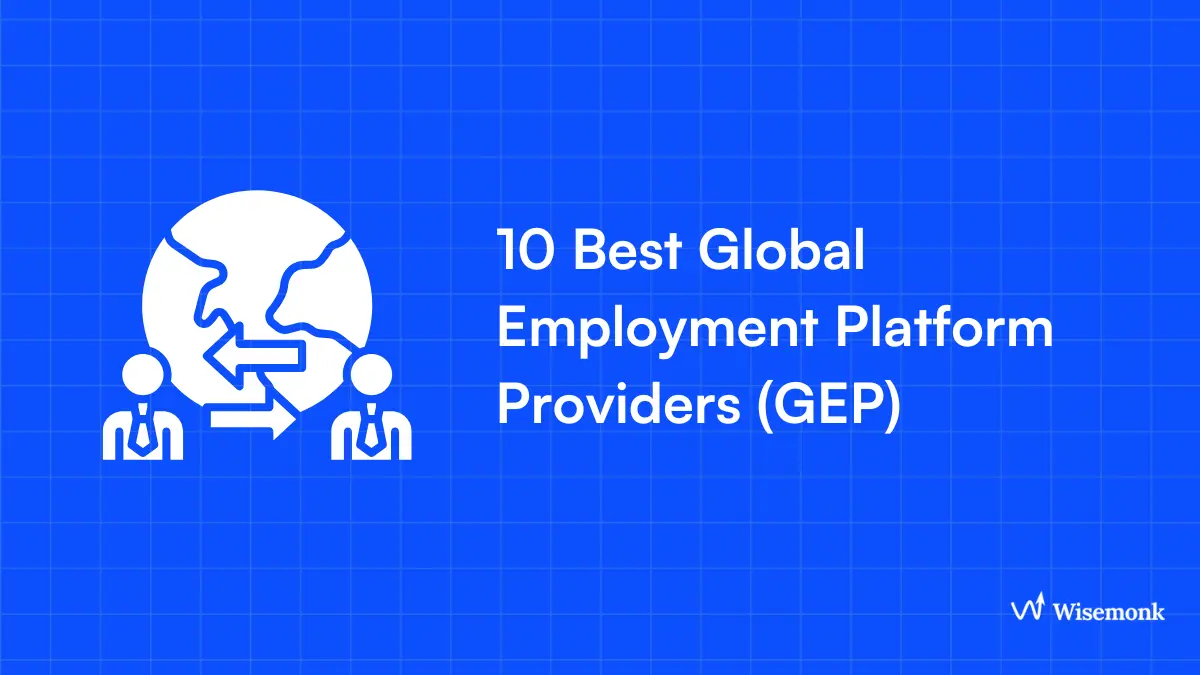
.webp)
